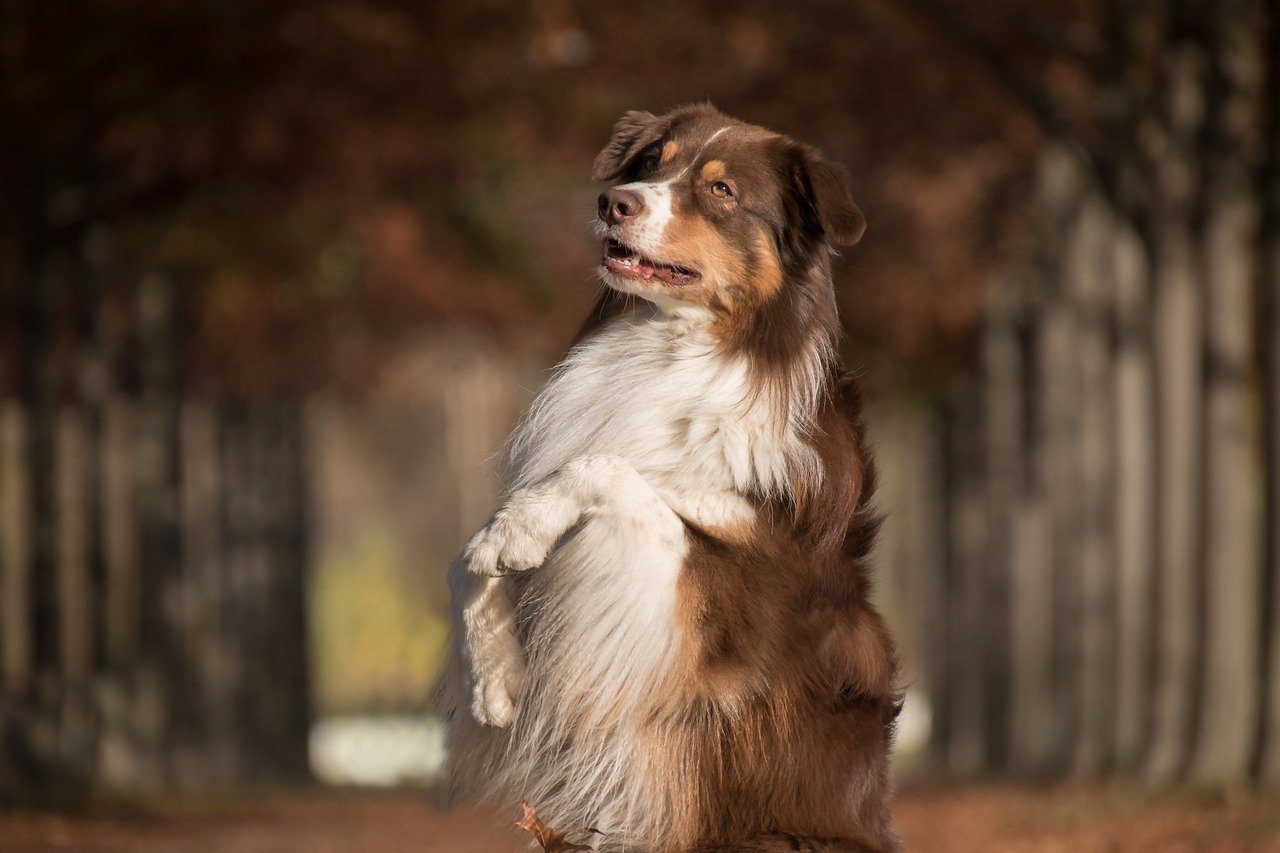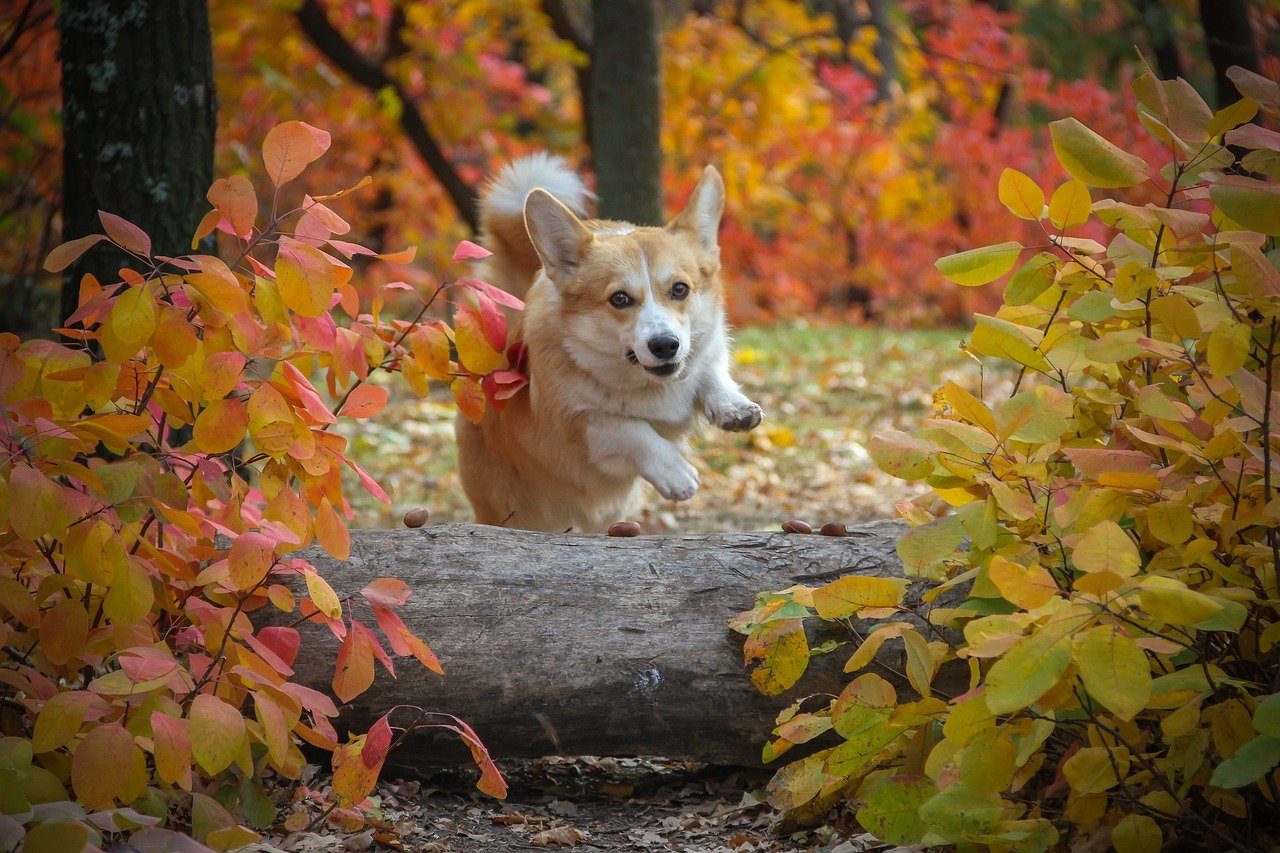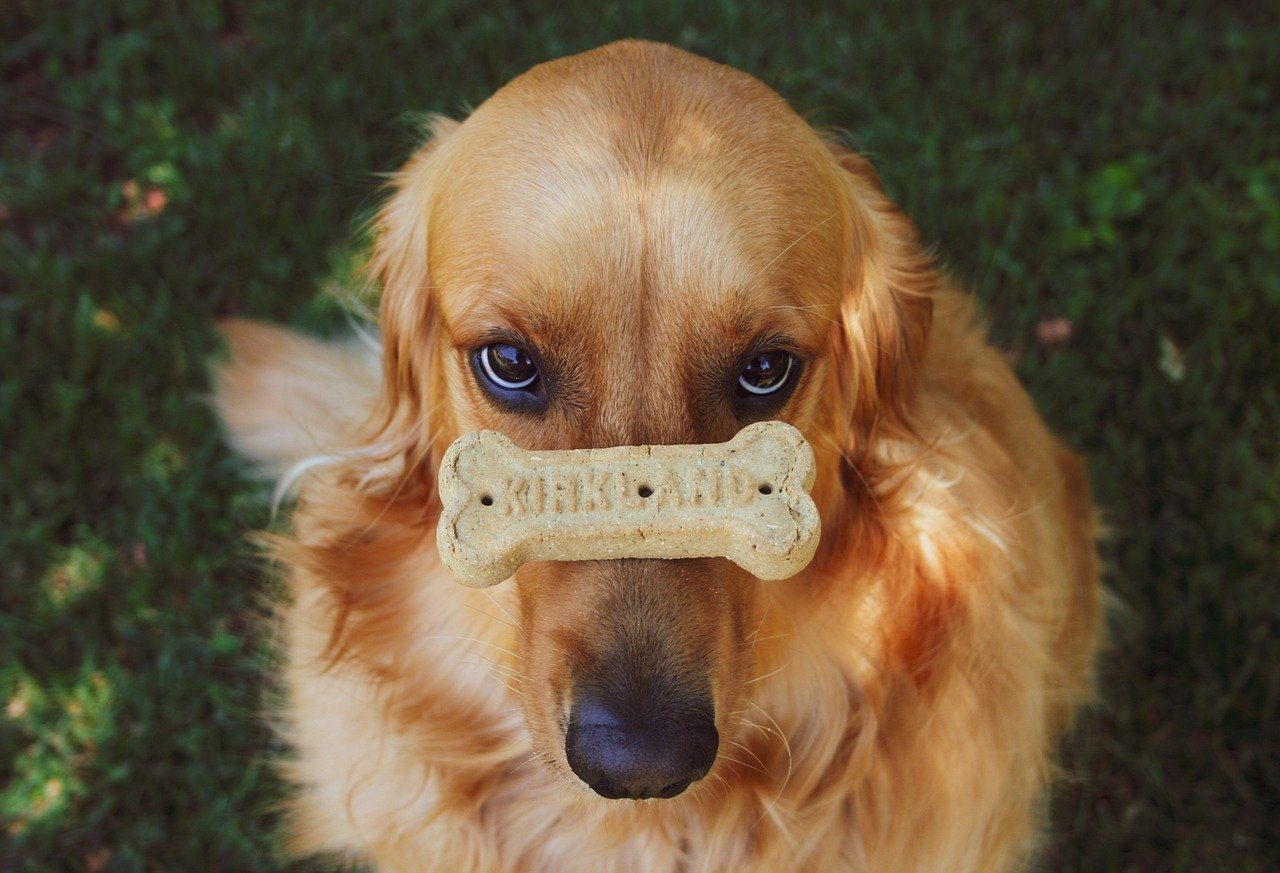Caring for an older dog comes with a different set of challenges than becoming a pet parent to a young puppy – and that’s not necessarily a bad thing. While puppies are adorable, they require a lot of energy, and you don’t always know what they’ll be like as adults. With older dogs, they’ve already emotionally mature, so the personality you see when you first meet them is essentially what you can expect when you leave the shelter. But what about training an older dog? We’ve all heard the adage, “You can’t teach an old dog new tricks.” As it turns out, the old saying isn’t true. Here’s what you need to know about how to train an older dog.

Is it possible to train older dogs?
When most pet parents think of training a dog, the image of potty training a puppy immediately springs to mind. But that doesn’t mean you can’t housebreak an older dog or teach him to do tricks. In fact, older dogs are sometimes easier to train because they’re less energetic, have a longer attention span, and have better self-control than young pups.
What age is too late to train a dog?
In an ideal world, all dogs would be successfully trained from the time they’re puppies. Unfortunately, many people don’t know how to train their dogs properly. In fact, one of the top reasons dogs are surrendered to shelters is because they exhibit unwanted behaviors such as incessant barking, leash pulling, and jumping on furniture and people. Many people choose to adopt puppies from shelters because they believe older dogs can’t be trained. But we have some good news: it’s never too late to train a dog. Whether your newly adopted pooch is seven months old or seven years old, you’ll be able to train him to use the bathroom outside, sit, stay, and heel – and you can even teach your dog a fun trick or two.
How to train an older dog
Training isn’t just for puppies. In addition to the physical benefits your dog gains from training sessions, it’s also good for his mental health. According to Penny Leigh, CPDT-KA and program manager for the American Kennel Club’s Good Dog! Helpline, “Dogs that still feel useful and that they have a ‘job’ tend to keep a youthful outlook, much like humans who continue to stay engaged in activities after they retire.”

Because you don’t know what training – if any – your older dog has received in the past, you may need to “untrain” him of bad habits learned in previous environments. According to veterinarian Dr. Katrina Warren, excessive barking is one of the most common behavioral issues found in older dogs. She recommends finding out the reason your dog is barking and providing a distraction, such as a favorite toy, to draw your pup’s attention away from the source of the disturbance. She also recommends keeping your dog inside, “preferably in a room away from the street with a radio or TV playing to mask the sound of outside noises.”
Just like training a young puppy, training an older dog requires time, patience, persistence, and consistency. If you live with others, make sure everyone is on board with training sessions. When one person permits unwanted behaviors while others don’t, it sends the message that your dog doesn’t have to obey any member of the family. Wondering how to train an older dog? Here are a few helpful tips to get you started.
Find out if your dog has any previous training
Your dog may already know how to obey a few simple commands. Try telling your dog to “sit,” and wait to see what happens. If he’s already mastered basic commands like “sit,” “stay,” and “come here,” then you can move onto the next phase of training. Similarly, some dogs are already housebroken, which eliminates another important lesson from your training schedule.
Keep your lessons short and sweet
If your pooch doesn’t know any basic commands and isn’t housebroken, then we recommend training him just like you would train a puppy. Be patient and calm. Just because your dog is older doesn’t mean he knows what he’s doing is naughty. It means he’s never been taught how to behave properly. Stick to brief lessons at first, using positive reinforcement in the form of treats and attention.
Stick to a schedule
Dogs do best when they have a consistent schedule to follow. When dogs have a routine, they know what to expect from each day, and they know when to expect it. You may want to consider crate training your dog when you first bring him home. After the chaos and uncertainty of a shelter, having a safe space can help your dog feel calm, which makes training much easier.

Patience is key
Teaching an old dog new tricks doesn’t have to be difficult. Like training a puppy, you’ll need to be patient and consistent, and to reward his efforts. A well-trained dog makes for a peaceful house. Most importantly, the time you spend training your pooch is an excellent way to form a bond that will last a lifetime.



